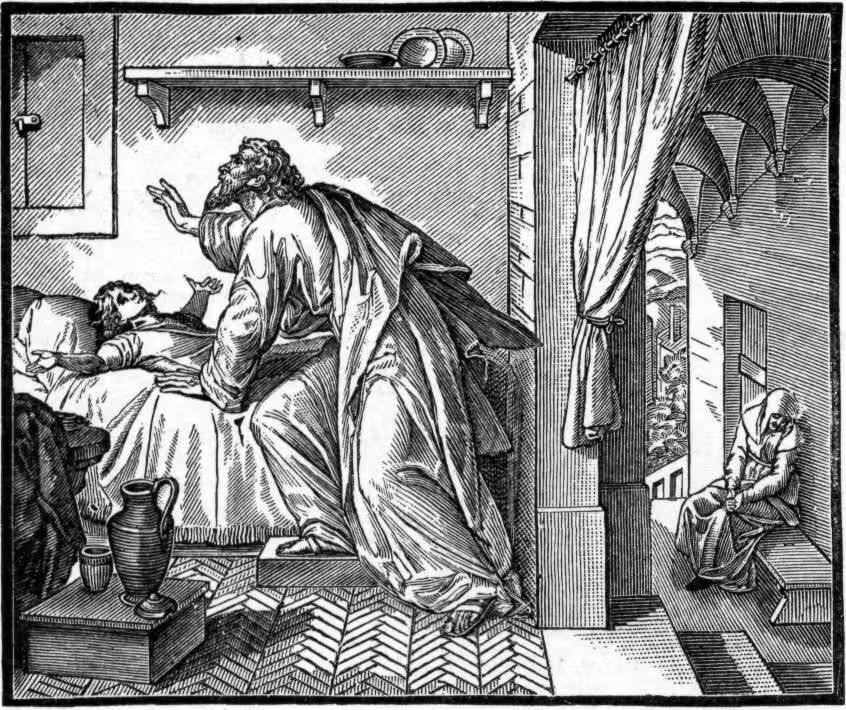
The question then is how can we, as believers, worship God with our financial resources while at the same time rejecting temptations that lead to idolatry and covetousness? The answer is found in giving to the Lord and His purposes. When we give our money to the work of the gospel, we not only demonstrate our heartfelt love for God (2 Cor. 9:7), we also store up for ourselves treasures in heaven (Mt. 6:16-24) (Jonathan Rourke).
Other Authors